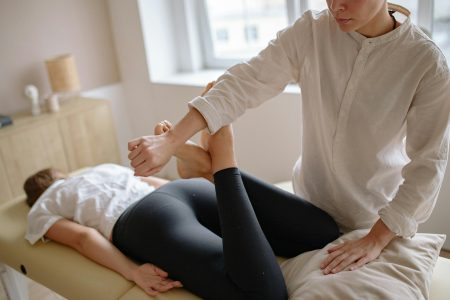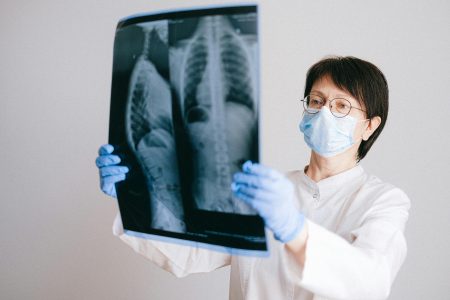When we think about depression, the first things that often come to mind are persistent sadness, a loss of interest in things once enjoyed, and a general feeling of being emotionally weighed down. And while these mood-related symptoms are certainly at the forefront, depression often brings along a host of unwelcome physical companions – particularly disrupted sleep and a profound lack of energy. It can feel like a cruel cycle: the low mood makes it hard to sleep, and the lack of sleep zaps your energy, making it even harder to combat the low mood.
For those seeking a more holistic approach to managing these interconnected symptoms, acupuncture is emerging as a complementary therapy that many find beneficial. It’s not just about addressing the emotional pain; it’s about looking at how these imbalances affect the entire body, including our ability to rest and feel revitalized.
The Sleep-Depression Connection: A Vicious Cycle
Trouble sleeping is one of the most common and frustrating symptoms of depression. This can manifest as difficulty falling asleep, staying asleep, or waking up far too early and being unable to drift back off. Sometimes, paradoxically, depression can also lead to oversleeping, yet you still wake up feeling unrefreshed.
This lack of restorative sleep does more than just make you tired. It can worsen your mood, impair cognitive function (hello, brain fog!), and further deplete your already low energy reserves. From a Traditional Chinese Medicine (TCM) perspective, which is the foundation of acupuncture, imbalances in the body’s energy flow, or “Qi” (pronounced “chee”), can disrupt the natural rhythms that govern sleep. Acupuncture aims to restore this balance.
How Acupuncture Might Help You Catch Some Z’s
So, how might tiny needles help you sleep better? Acupuncturists like those at Spring Creek Acupuncture, LLC insert very fine, sterile needles into specific points on the body. According to TCM, these points lie along pathways, or meridians, through which Qi flows. By stimulating these points, an acupuncturist aims to rebalance the body’s energy, calm the nervous system, and promote relaxation.
Many patients report feeling a sense of calm and reduced anxiety both during and after an acupuncture session. This calming effect can be incredibly helpful for those whose racing thoughts or internal agitation keep them from falling asleep. While more research is always ongoing, some studies suggest that acupuncture may influence the production of neurotransmitters like serotonin and melatonin, which are crucial for regulating sleep and mood.
Battling Fatigue: Can Acupuncture Boost Your Energy?
The pervasive fatigue that often accompanies depression isn’t just ordinary tiredness; it’s a deep, bone-weary exhaustion that can make even simple tasks feel monumental. This lack of energy can be incredibly debilitating, further contributing to feelings of hopelessness and making it difficult to engage in activities that might actually help, like exercise or social interaction.
From a TCM perspective, this profound fatigue can also be linked to imbalances or blockages in Qi flow. Acupuncture treatments are designed to unblock these pathways and invigorate the body’s natural energy. By addressing the root imbalances, the goal is to help restore vitality and reduce that overwhelming sense of exhaustion.
A Complementary Path to Feeling Better
It’s really important to understand that acupuncture isn’t typically seen as a standalone cure for depression, especially for more severe cases. Instead, it’s often used as a powerful complementary therapy. This means it can work alongside conventional treatments like psychotherapy (talk therapy) and medication, potentially enhancing their effectiveness or helping to manage side effects.
Many people find that adding acupuncture to their overall treatment plan helps them feel more balanced and provides relief from associated symptoms like insomnia and fatigue. It’s about taking a multi-faceted approach to wellness.
Conclusion: Exploring All Avenues for Well-being
Living with depression is incredibly challenging, and the accompanying sleep disturbances and fatigue can make it feel even more overwhelming. While acupuncture may not be the first thing people think of, its potential to calm the nervous system, promote restful sleep, and gently boost energy levels makes it a worthwhile avenue to explore as part of a comprehensive approach to managing depression.
By addressing not just the mood but also these pervasive physical symptoms, acupuncture offers a holistic way to support your journey towards feeling more like yourself again. As always, it’s important to discuss any complementary therapies with your primary doctor or mental health professional.







